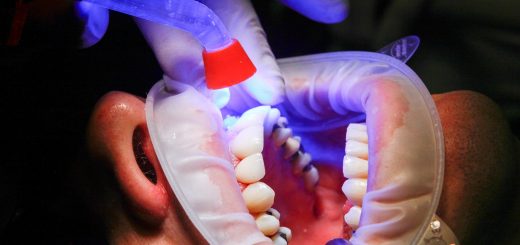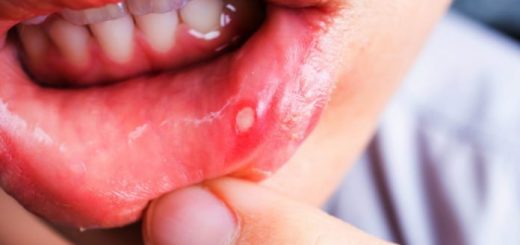All About Trimethylaminuria, the Fish Smell Syndrome
The fish smell syndrome, also known as Trimethylaminuria (TMAU), is a rare genetic metabolic disorder that causes the enzymatic mechanism to eliminate trimethylamine, a product derived from bacterial degradation. When degradation does not occur, trimethylamine accumulates in the body and ends up being released through urine, breath, sweat, and, in the case of women, vaginal fluids. This accumulation and subsequent release cause the affected people to emit a rather unpleasant body odor, which has been compared to that of rotten fish, hence the syndrome’s name.
This rare disease usually manifests itself in its first symptoms during childhood. However, the ignorance that persists among medical personnel about the syndrome causes the diagnosis to be delayed for years. This delay does not endanger patients’ lives since the body’s high levels of trimethylamine are not toxic. Still, we are talking about a disease that affects people on a psychological and social aspect. Those people can unfortunately be victims of social rejection and present low self-esteem, depression, social isolation, and even suicidal tendencies.

According to various sources, the fish smell syndrome has a very low incidence, estimated, between one case every 40,000 people and one case every 200,000 people. The difference in figures may be due to better knowledge about this disease, which would have increased the number of diagnosed patients. However, as we say, they are only estimates, since today there is no patient registry.
The first case of fish odor syndrome was described in the prestigious scientific journal, The Lancet in 1970. However, in William Shakespeare’s play “The Tempest” performed for the first time in 1611 – there are already references to people who, from the description in the text, could suffer from the symptoms of TMAU.
Trimethylaminuria Is an Untreated Disease

While waiting for gene therapy development, which could mean a before and after for those affected by this disease, there is no specific treatment for fish odor syndrome. Hence, patients only have their own reach minimal therapeutic alternatives that go through actions more typical of the daily routine in the vast majority of cases.
What Should I Eat?
It’s advisable to reduce the following:
- Avoid fish (mostly blue and marine) and also cephalopods (octopus, squid) and crustaceans.
- Diet low in TMA and choline: Avoid foods high in choline (eggs, liver, kidney, and other organ meats, soy products, beans, peas, cabbage, broccoli, cauliflower, peanuts, and rapeseed). Do not restrict choline too much (in growing children and in women during pregnancy and lactation). Check out Diet guidelines in Trimethylaminuria to get more information on this point.
- Supplement with folate, if possible, through diet (green leafy vegetables, fortified cereals).
- Avoid alcohol and caffeine: Coffee and beer have been reported to aggravate body odor issues for people with TMAU.
Soap and Lotions

Experts in this syndrome also recommend showering at least twice a day with soap and lotions with a pH between 5.5 and 6.5, with a higher acidity than the neutral pH that we usually use. Change your underwear after each wash, and use neutral and odorless deodorants to avoid causing a mixture of odors that can be even more unpleasant. Also, stay away from activities that make you sweat like crazy and stressful situations. Sweating too much doesn’t help. So it’s always a good idea to stay relaxed.
When the alternatives mentioned above show little efficacy, to combat Trimethylaminuria, there is also the option of prescribing on time and in small doses (due to their side effects) antibiotics such as metronidazole neomycin, which eliminate the intestinal bacterial flora, key in choline processing. By eliminating it, the trimethylamine is also eliminated, which leads to a reduction in foul odors. And the use of medications should only be resorted to if the doctor considers it appropriate and under control.



